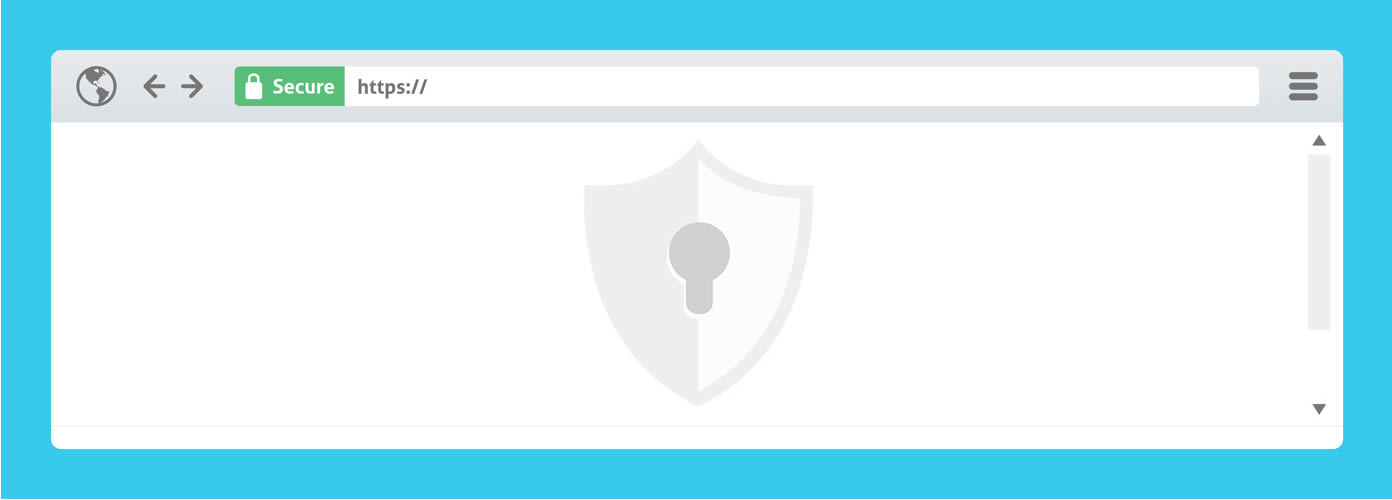
Lock Down your Website with an SSL Certificate
20 JUNE, 2017
What is an SSL certificate, exactly?
Glad you asked. We all know how important internet security is these days – with the online world being such a huge part of most of our everyday lives, it’s important to keep our data and valuable information safe from prying eyes. With internet shopping constantly increasing in popularity, it’s crucial that our bank details and other sensitive credentials out of the wrong hands.
To do this, we use an SSL certificate. The certificate acts as an “I.D. card” for the server hosting the website, and ensures any browsers connecting to it that they are connecting to the server they are requesting. If the browser is happy with the SSL certificate, then the browser sends a message to the server confirming this, and in return the server sends a digitally signed acknowledgement to the browser to initiate an encrypted session. You could think of this as a conversation in some sort of cool super secret code language – and this makes it impossible for any hackers or other unscrupulous individuals to intercept your precious information or interact with the website as if they were you. This transforms the “http://” part of our URL into “https://” and gives us the cool green padlock in the address bar.
So an SSL certificate is only important for my site if I’m selling things or handling sensitive data?
Well, not exactly. You see, Google now consider a valid SSL certificate to be a strong sign of trust for a website, and in the last few years have placed increasingly heavy emphasis on SSL certificates as a ranking factor to encourage a more secure internet as part of the HTTPS everywhere initiative. So this means that having a valid SSL certificate on your site will also help your SEO campaign!
Don’t just take our word for it – at the recent Search Engine Marketing Expo East conference in the States, Google’s own Gary Illyes said:
Only 10% of the crawled and discovered URLs on the web are HTTPS URLs. Looking at all the queries done on Google, 30% of the first page of the Google search results for each of those queries have at least one HTTPS URL listed in the results.
